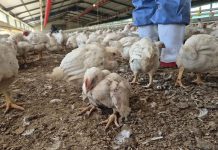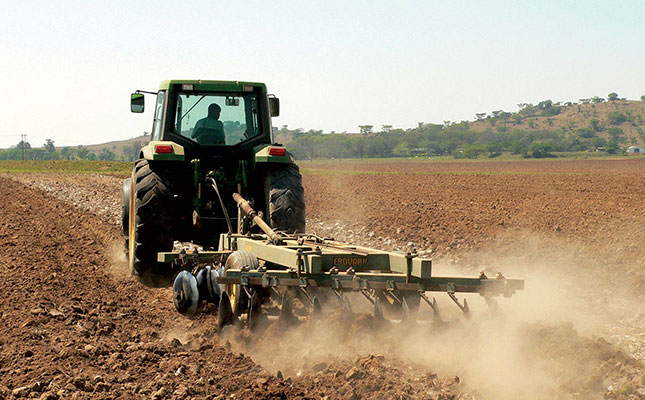
Photo: Pixabay
The currency’s free fall, which has accelerated the downward trend of South Africa’s exchange rate, comes as public speculation mounts over the country’s alleged supplying of weapons to Russia for its war against Ukraine.
On Thursday, the US ambassador to South Africa, Reuben Brigety, accused South Africa of sending weapons to Russia in December 2022. Amid a host of challenges that South Africa is already facing, the markets reacted severely.
Dawie Roodt, chief economist of the Efficient Group, told Farmer’s Weekly that load-shedding and internationally perceived political instability driven by next year’s elections had placed South Africa on a negative trend in the markets. Yesterday’s news regarding Russia had accelerated the trend.
“Historically, we’ve seen that when such a crisis arises, the markets react quickly and severely and the rand blows out. Within a week or two, however, it settles again, and I believe it will do so in this case. The rand should strengthen to R18/US$1 again within a few weeks.”
Kulani Siweya, chief economist at Agri SA, acknowledged the severity of the situation but urged calm until it was clearer how the exchange rate would react in the coming days and weeks.
“What transpired yesterday is unsettling, especially if we look at the reasons behind it. While the accusations by the ambassador remain speculation and not fact at this stage, we do find ourselves in a diplomatic crisis. This will lead to the US reviewing AGOA [the African Growth and Opportunity Act] and possibly placing sanctions on South Africa.”
With farmers already under strain from high input costs, those about to start their harvests could face higher fuel prices. Siweya said that should the exchange rate remain at the current level for a few more weeks, fuel prices would rise, as would fertiliser costs and other imported inputs.
Roodt added that the news over Russia had caused overall loss of investment as a result of the negative public perception of South Africa.
“We could be seeing upward pressure on inflation, higher interest rates, lower economic growth and job losses. The ‘share price’ of South Africa Inc has decreased and that’s bad news for everyone.”
He believed that improving South Africa’s position was simple, but not necessarily easy. “Fundamentally, government is to blame for the mess that the economy finds itself in. Their policies are destructive, and officials incompetent and often corrupt. If the country doesn’t work – electricity, policing, healthcare, education, the business environment – then how can it flourish? It’s not policy changes that are needed, but a completely new government.”









